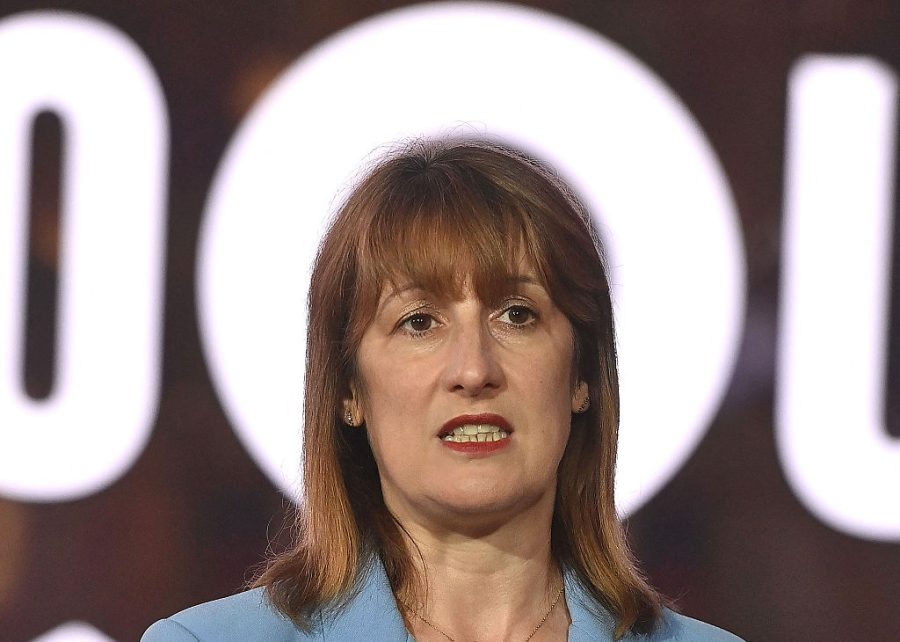The politician now known as Lord Mandelson is an unmitigated stranger to the truth who has been prepared to use the power of office to bully and obfuscate. This is not the verdict of some political obsessive merely drawing conclusions from the clouded career of the man who, until last week, was the United Kingdom’s man in Washington. It’s my view as a journalist – former news editor of two national newspapers, head of the Sunday Times Insight investigative team and reporter for the Daily Mail – having once had occasion to question Mandelson about his financial dealings.
His response to my questions revealed a side to the man at considerable variance with what might reasonably be expected from a person holding elected office. Alone in Fleet Street, in early 1997, the Daily Mail – which before the online rot set in was as finely tuned as a champion racehorse – wondered how Mandelson, then an MP and key adviser to Tony Blair, could afford two homes.
Quite how the story broke is still a matter of conjecture
The first was a £180,000 white stucco, two-bedroom ground-floor flat in Bloomsbury. This was still up for sale when he purchased a £475,000 Victorian terrace house in Notting Hill, then rapidly gaining popularity as the preferred enclave for politicians wanting to appear voguish.
My enquiries drew a blank. Neighbours in Bloomsbury had no knowledge of the so-called Prince of Darkness hitherto dwelling in their midst. In Notting Hill, those living close by, while hungry for gossip about their new neighbour, knew nothing. Estate agents, invoking codes of conduct that had a hollow ring to them, gave nothing away.
In the end, the only option was to direct the question to Mandelson himself, which meant going through his man of business at the time, Benji Wegg-Prosser. I made the call.
An hour later, my phone rang. It was Mandelson. He didn’t sound in the mood for an amicable chat. ‘What’s your interest?’ he demanded.
‘How can you afford two properties on an MP’s salary? Where has the money come from?’ I asked. ‘Through the normal channels.’ ‘Such as…?’ ‘Building societies and the like.’ ‘Can you be more specific? Which ones and how much?’ ‘I’ve had enough of this,’ he angrily responded. ‘Put me through to the editor of the day.’
I transferred him back to the switchboard and heard nothing more about any conversation he may or may not have had with the paper’s editor. With no leads left to pursue, the story was dropped.
Nearly two years later, in December 1998, it surfaced again when it was revealed that Mandelson had made the purchase thanks to a private, interest-free loan of £373,000 from fellow Labour MP Geoffrey Robinson, a businessman with a wide range of interests who at the time was reputedly worth £30 million.
Tony Blair’s landslide victory in May 1997 meant that by then Robinson was Paymaster-General and Mandelson, who had indeed topped Robinson’s money up with a building society loan, was trade and industry secretary.
The fact that Mandelson’s department was at the time investigating Robinson’s business dealings added to the smell of sleaze and both were forced to resign. Mandelson, who had failed to declare the loan in the Register of Members’ Interests, protested that he had deliberately avoided taking part in any departmental decisions related to Robinson.
In a memoir Robinson later published, he revealed how the loan came about. At a dinner in his penthouse flat in May 1996, Mandelson had expressed a desire to find better London accommodation:
He said he would like to buy somewhere, he mentioned Notting Hill, it was clear that was what he was most interested in, but he didn’t have anybody who would help him… I replied that I was financially well placed and might be able to help if that was what he wanted.
At that point nothing further was said. I imagine he was mulling the situation over in his own mind. But the next morning at 9.a.m, the phone rang and it was Peter saying quite openly, ‘Would you really help me buy a house’, to which I replied, ‘Yes, if that’s what you want.’
Quite how the story broke is still a matter of conjecture. Mandelson, it’s believed, had heard rumours that Daily Mirror reporter Paul Routledge found out about the loan while researching a ‘hostile’ biography of him. Then chancellor Gordon Brown’s press secretary Charlie Whelan, a known enemy of Mandelson and a friend of both Routledge and Robinson had also apparently boasted over drinks with journalists that he had ‘got the story out’.
In the event, the story broke in both the Guardian and Routledge’s paper and the biography was published.Whelan strongly denied being the source, leaving the Brown camp wondering whether Mandelson had launched a pre-emptive strike by leaking the story during parliament’s Christmas recess in a bid to pull its sting.
The Mandelson camp dismissed the idea as ‘too ludicrous for words’. The words carried some weight. This was, after all, the first scandal to engulf him. Several scandals later, we are all older and wiser, with little reason now to accept any assurances from the former Hartlepool MP.







Comments